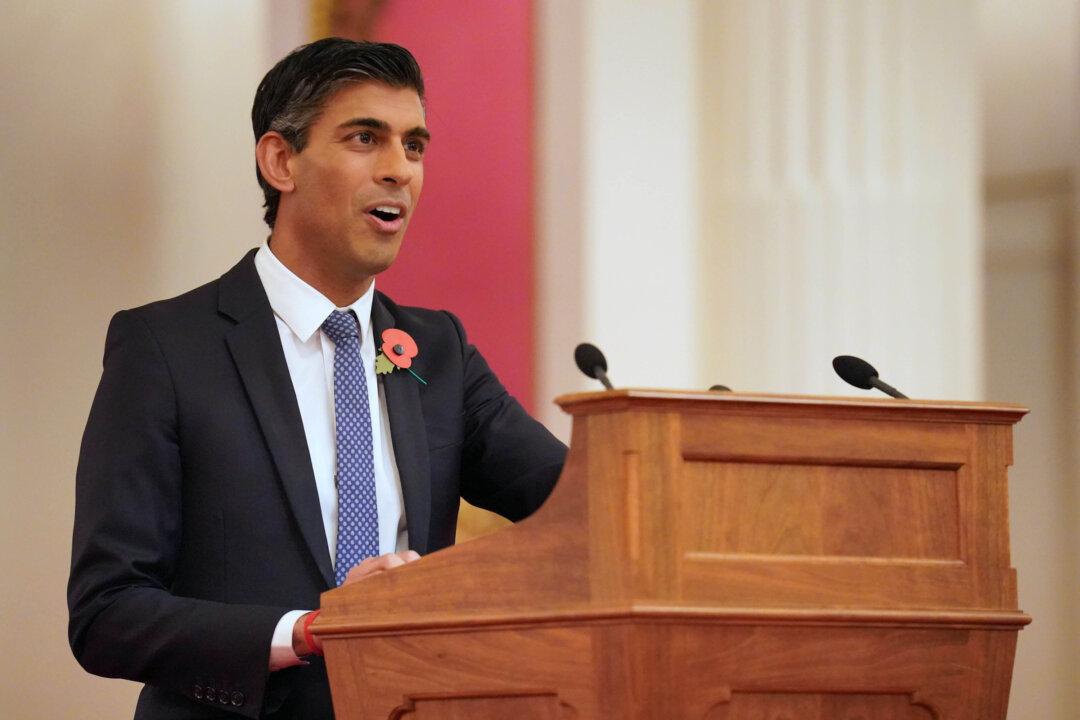The government “cannot do everything” because big government borrowing ultimately leads to soaring inflation and high interest rates, the UK’s Prime Minister Rishi Sunak said on Friday.
It comes after the Bank of England raised its base interest rate to 3 percent and forecasted a two-year recession.





